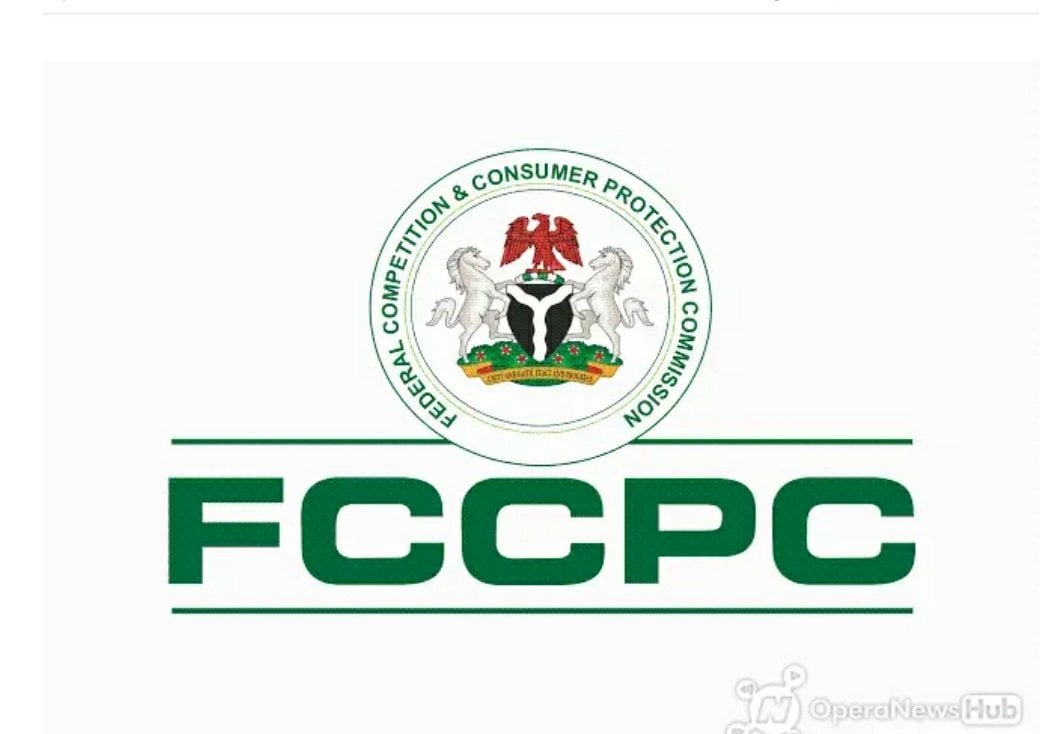The Federal Competition and Consumer Protection Commission (FCCPC) has warned defaulting online money lenders and their clients that they will be taken to court soon.
Irukera also spoke on the commission’s approval of some loan apps in Nigeria and the continued suppression of illegal players.
“The ethical loan companies actually plug a very important gap in an economy such as, especially the most vulnerable people and we also discovered also that some of the lending traditions were actually historic and cultural,” Irukera said.
“We, however, found out there were all kinds of scammers, also, exploiters were taking advantage of the situation.
“And those are the ones that we are looking to be excluded from the process, but we are prosecuting some even as we speak.
“But when there’s a lack of clarity with respect to standards or expected ability, it’s not the best thing to do by immediately jumping towards prosecution.
“And so the cases that we have initiated a criminal prosecution into are quite complex and have other things to do at the border.
“The most important thing is to modify behavior and make sure that people are lending in an ethical manner but we will prosecute more defaulters soon,” Irukera said.
FCCPC earlier this week authorised 173 digital lenders to operate in Nigeria, an increase from the 106 players that the commission announced earlier in January.
The list includes 119 lenders who have received full approval and about 54 lenders who received “conditional approval.”
The FCCPC also said that it is updating the list as it continues to verify the digital lenders through its regulatory framework dubbed the “Limited Interim Regulatory/ Registration Framework and Guidelines for Digital Lending 2022.
This framework was released in August 2022, amid sanctions and calls to Nigerian fintechs to block predatory digital lenders.
Following the announcement, digital lenders were given a 90-day ultimatum to register for approval which was later extended to January 31st, 2023.
FCCPC describes its current regulatory framework as the “first and interim step to establishing a clear regulatory framework.”
But despite the short-term nature of the framework, global tech behemoth, Google is taking the FCCPC’s approval as a regulatory seal to decide which digital lending apps remain on its Play Store platform, a move Irukera is excited about.
“Google has been very supportive, including providing their expert knowledge and experience in advising about what works best in achieving laudable regulatory objectives,” he said.
Google is playing the pseudo-regulator role as it works with Nigeria’s FCCPC and Kenya’s apex bank to enforce compliance in Africa’s digital lending space.







2 Comments